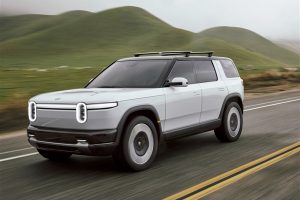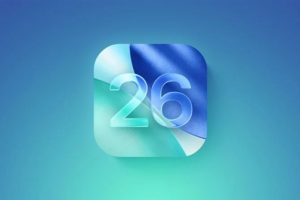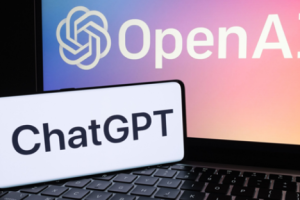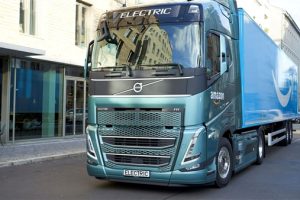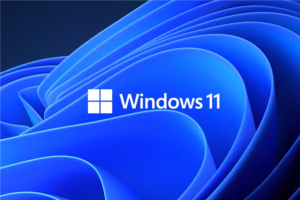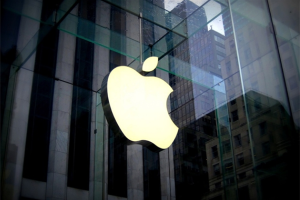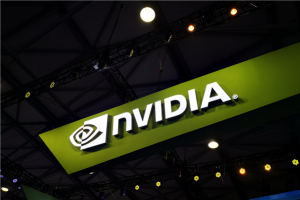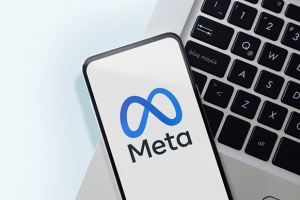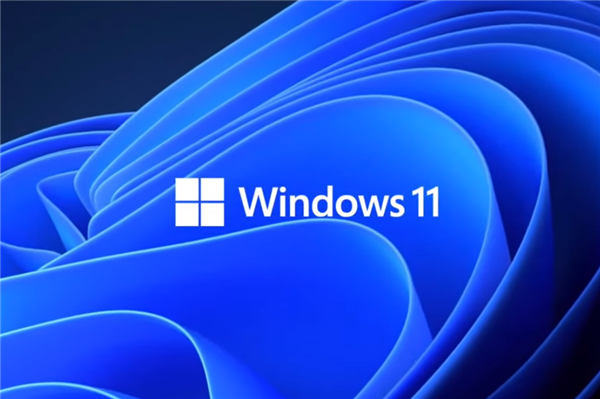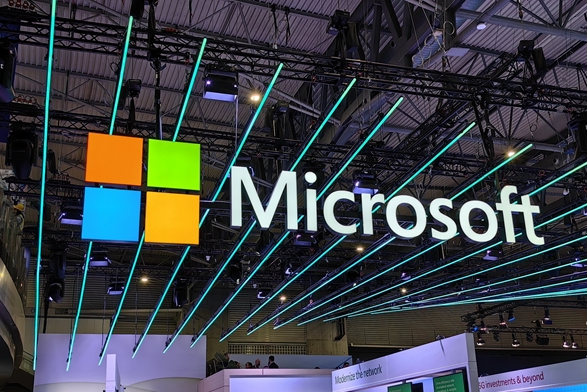October 28, 2024 – Elon Musk has refuted reports that he worked illegally in the United States during the early stages of his entrepreneurial career. These allegations, which circulated widely over the weekend, contradicted Musk’s recent political statements regarding illegal immigration.
According to a Saturday report by The Washington Post, Musk did not have a legal work permit when he founded Zip2. Although Musk arrived in the US in 1995 to pursue a graduate program at Stanford University, he never formally enrolled and soon dropped out to co-found Zip2 with his brother Kimbal. Zip2 was later sold in 1999 for approximately $307 million.
The Washington Post suggested that Musk’s decision to drop out of Stanford could have jeopardized his legal residency status in the US. However, Musk has denied these accusations on the X platform.

In response to President Biden reiterating these charges during a Democratic campaign event in Pittsburgh, Pennsylvania, on Saturday, Musk stated on X, “I had a J-1 visa and then an H-1B visa. They know this because they have all my records. Losing the election has made them desperate.”
The Washington Post’s report also claimed that Musk’s former business partners at Zip2 were concerned about his legal status and the risk of deportation. According to six former colleagues and Zip2 shareholders cited in the report, Musk told his colleagues that he was on a student visa. Derek Proudian, a former Zip2 board member, investor, and later CEO, emphasized that investors unanimously agreed that the Musk brothers’ immigration status was an issue, especially if the company planned to go public.
“Their immigration status did not meet the requirements for them to legally operate a company in the US,” said Proudian. “We didn’t want our founders to get deported.” He added, “We wanted to take care of it before anything could go wrong,” referring to a potential initial public offering (IPO) for the company.
The Washington Post also obtained emails between Musk and other early Tesla executives, in which Musk acknowledged that he did not have legal residency in the US but viewed Zip2 as a potential solution.
In a 2005 email to Tesla co-founders Martin Eberhard and JB Straubel, Musk wrote, “The truth is, I didn’t care much about the degree, but I didn’t have money for a lab or legal residency in the US, so it seemed like a good way to solve both problems. Then the internet came along, and it seemed like a more certain bet.”
Musk further stated during a 2020 podcast appearance, “I was there legally, but what I should have done was student work. I was allowed to do some support work.”

